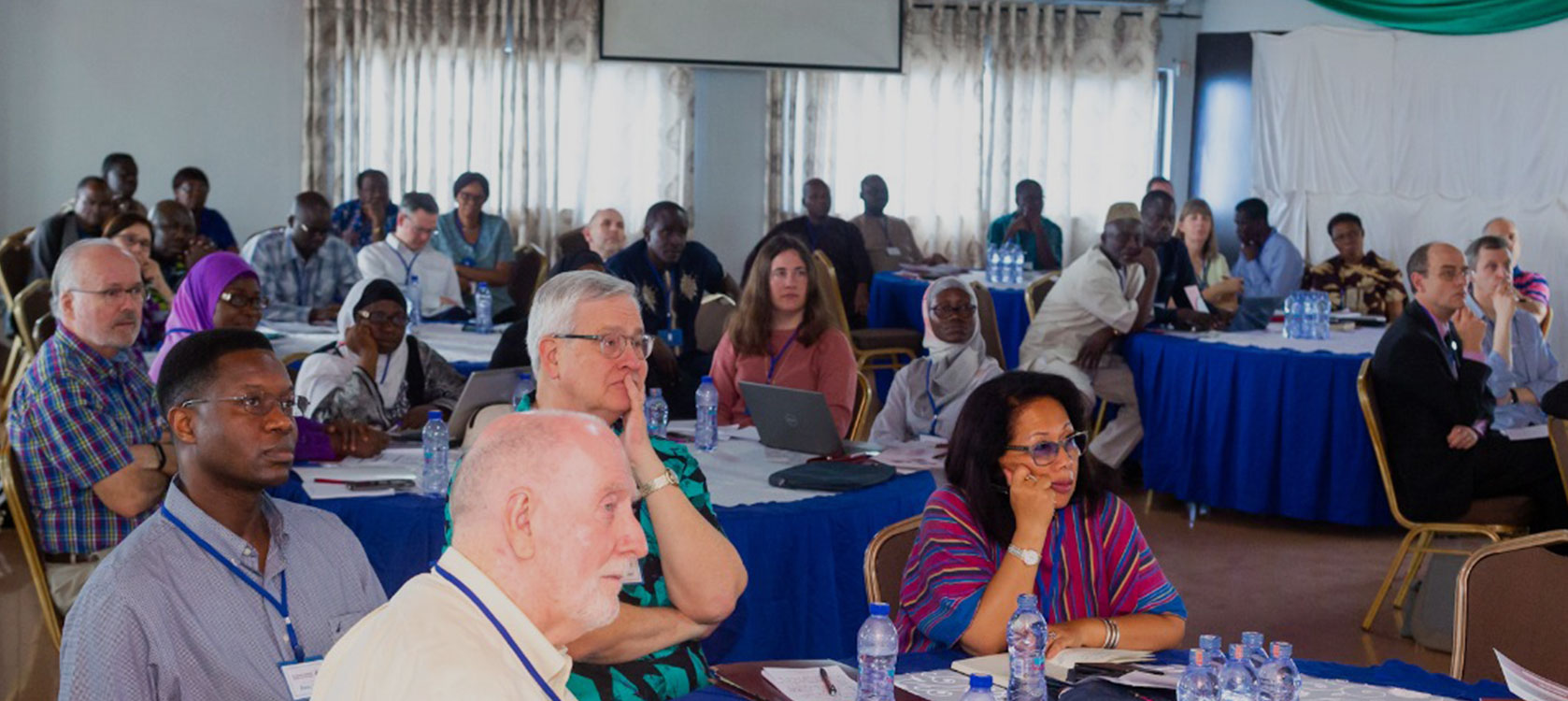The Sanneh Institute: Webinar conversation on Witchcraft, Religion and Law in Ghana
Webinar: “Witchcraft, Religion and Law in Ghana
Date: Tuesday, August 18th, 2020
In the wake of witchcraft accusation and a horrific public lynching of a 90 years old lady, Madam Akua Denteh, at Kafaba, a village in the Savana Region of Ghana, The Sanneh Institute convened a webinar on Aug. 18th to discuss the issue of witchcraft from the religious, cultural and legal perspectives. The speakers included Prof. John Azumah, Executive Director of The Sanneh Institute; Apostle Prof. Opoku Onyinah, immediate past National Chairman of the Church of Pentecost; Dr. Sheikh Seebaway Mohammed Zakaria, a Senior Lecturer at the Kwame Nkrumah University of Science and Technology in Kumasi; and Dr Angela Dwamena-Aboagye, a Legal Practitioner and Executive Director of The Ark Foundation.
Laying out the cultural context for understanding the belief and practice of witchcraft in Ghana, Prof. Azumah made the point that the phenomenon is rooted in traditional religions and culture, amplified by the teaching of Christianity and Islam, dramatized and glamorized in African movies. He said that in Ghana the belief is not limited to any one religious group or demographic and that the consequences of witchcraft accusations range from social ostracism, exile from one’s community to beatings and lynching, long standing and widespread across societies and cultures. He stated that England passed a law criminalizing witchcraft accusation in 1735. Ghana is therefore 300yrs behind England on this issue, Prof. Azumah lamented. He noted that Europeans dealt with witchcraft with education and legislation and urged the government to pass a law criminalizing witchcraft accusations in Ghana and to take steps to close down all existing “witch” camps in the northern part of the country.
Dr. Angela Dwamena-Aboagye called on the government to provide temporary shelters for persons accused of witchcraft and the socially vulnerable. She said Ghana had failed to implement laws on social issues and called for clear leadership from the state to sustain the implementation of laws that protect the vulnerable. Referring to the 1992 constitution, the gender activist said Ghana’s laws enjoined the state to promote healthy cultural values and questioned how many people accused of witchcraft can successfully sue for defamation. Dr. Dwamena-Aboagye decried the interference in the criminal justice system by politicians that breeds the culture of impunity and denies justice to the most vulnerable in society.
Sheikh Seebaway on his part, pointed out that, in Islam, there is the belief that some people have the power to harm others. He said the practice and belief in the existence of witchcraft were from time immemorial and can be found in the Qur’an and Traditions of Islam. He said Muslims are taught to protect themselves from such harmful persons by reciting verses from the Quran on protection and that some use these verses to make amulets that serve as protection from evil. He emphasized that the best protection against witchcraft is one’s piety and moral uprightness.
Professor Opoku Onyinah said though evil existed, and the Bible makes references to the existence of witches and sorcerers, Christians should not fear witchcraft. Quoting Exodus 22: 18 from the Bible, he said even though the King James Version says that “Do not suffer a witch to live, other translations use the word sorcerer, which has an entirely different meaning from the understanding of witchcraft in the Ghanaian context. He decried the practice of pastors accusing people as witches and declared that if there are witches, it is those who declare and torture others witches. Prof. Onyinah urged Christians not to fear witches or any person with evil powers, saying, “The devil cannot overcome you as a Christian and do not encourage superstition.”
The webinar had over 140 persons joining via zoom from Ghana, Australia, Holland, USA, Zimbabwe etc. The event was also streamed live on Facebook which has since had more than 2000 views and counting. The Sanneh Institute is committed to working with key stakeholders like Amnesty International, OXFAM, ActionAid Ghana, WiLDAF and other leading civil society organizations to campaign against witchcraft accusation in Ghana. We will undertake research in the phenomenon of witchcraft, put together a team of experts made of religious scholars, mental health specialists and legal practitioners to lead the education against witchcraft accusations. And commission the production of teaching materials (video and written) on witchcraft to be used in churches, mosques and schools, as well as lead the advocacy for victims of witchcraft accusations who are nearly all women. We will also campaign and work towards the closure of so-called witch camps in the northern part of Ghana.
The Sanneh Institute: Webinar conversation on Witchcraft in Ghana
On how you can join the campaign and support our work, please contact addor@tsinet.org or +233 50 617 2909
Thank you and God Bless!
John Azumah, PhD
